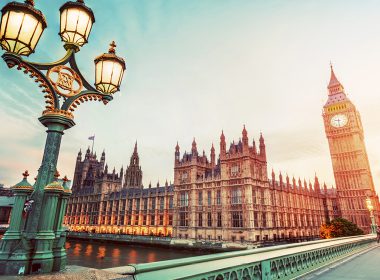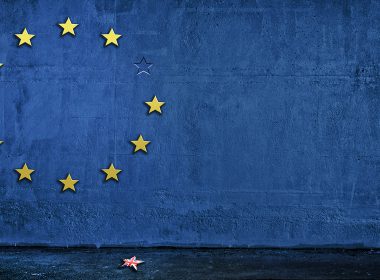Snapshot
- The UK Government seems determined to remove the UK from the reach and scope of the European Court of Justice. This means that ‘EU27’ citizens living in the UK once the latter has left, will no longer have the protection of that court; rather, they will be dealt with as foreigners, third country nationals, ‘outsiders’.
- The difference between EU citizens in this situation and genuine third country nationals is that the EU citizens relocated ‘internally’ as EU citizens; as a result of Brexit, they will be ‘externalised’.
The free movement of people was one of the main issues for the United Kingdom and those supporting Brexit in the 2016 referendum. It continues to be significant in the subsequent negotiations between the UK and the EU27. As the Brexit negotiations continue, the topic is receiving wider coverage. It is a remarkable story of evolution and integration to which the Member States, the Court of Justice of the EU and the other EU institutions have all contributed. Over the coming years, Australia will be negotiating preferential trade agreements with the EU and the UK, when (if?) the latter leaves the former. In the following sections, the current framework for the free movement of people in the EU, development of this framework and issues for further consideration are discussed.



